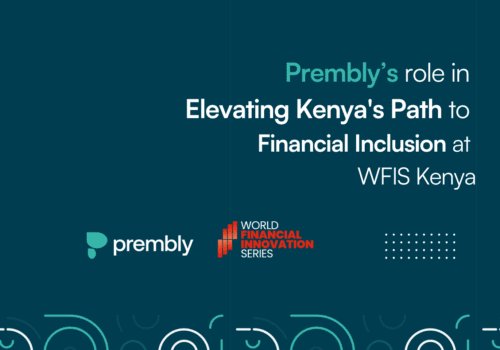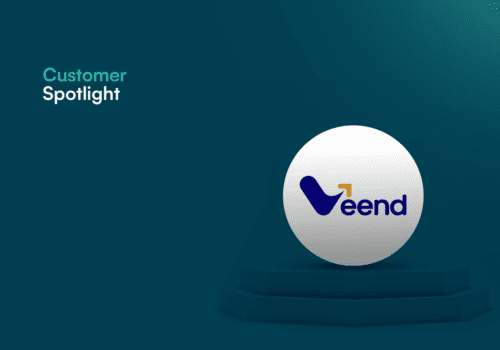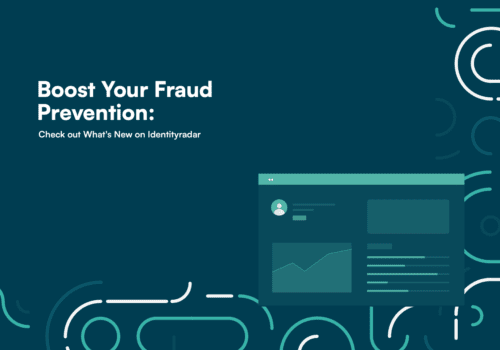Buy Now, Pay Later is a payment plan that gives customers the opportunity to receive a product upfront and split the costs into smaller installments over time, often with little or no interest. It gives shoppers flexible options during checkout and helps businesses increase sales and conversion rates.
It is becoming one of the fastest-growing payment methods in Nigeria, transforming customer shopping habits and how businesses handle risk. As more Nigerians pick flexible installment plans rather than traditional credit, BNPL providers are expanding rapidly, but with growth comes new challenges around fraud, verification, and responsible lending practices.
Understanding how BNPL works, the reason behind its rapid growth, and the role of verification is crucial. In this article, we explore the growth of BNPL in Nigeria and the importance of verification and compliance in ensuring the model remains secure, reliable, and sustainable.
BNPL Market Growth in Nigeria: Trends and Projections
The Buy Now, Pay Later (BNPL) sector in Nigeria is growing rapidly, which is driven by the expanding fintech services and increased need for flexible payment plans. The State of Enterprise 2025 Report by EnterpriseNGR reports that the BNPL market is expected to increase by over 83% in the next six years, rising from $1.24 billion in 2024 to $2.61 billion by 2030.
The report highlights that BNPL has sustained impressive growth, with a compound annual growth rate (CAGR) of 23.1% between 2021 and 2024. This consistent growth shows that Nigerian customers are widely accepting installment payment options in e-commerce, retail, and daily purchases.
A major factor behind this growth is the impact of fintech companies. EnterpriseNGR notes that fintech companies have improved Nigeria’s business landscape by providing digital financial solutions, automation, and broader access to credit. These innovations have enhanced customer experience, streamlined payment workflows, simplified billing, and allowed services such as BNPL to grow rapidly. The data overall indicates that BNPL is more than a passing trend; rather, it is becoming a key component of Nigeria’s digital payment system, transforming how customers shop and how businesses deliver flexible payment options.
Cultural & Historical Context: Informal Buy Now, Pay Later Practices in Nigeria
Buy Now, Pay Later has always been a familiar concept in Nigeria, which is deeply connected to the nation’s long-standing traditional and informal practices. Before digital BNPL options were made available, many Nigerians bought goods on credit through informal arrangements within their communities and local markets. From everyday staples like food items to household goods and electronics to services rendered, informal credit has been a trusted way for customers to pay for goods and services and settle payments later in installments. This system is often rooted in personal trust and social connections, forming a community-based support network for both buyers and sellers.
This cultural familiarity has made the transition to digital BNPL seamless and appealing. The trust built into informal credit systems also elevates the expectations for fintech BNPL platforms to be reliable and transparent. Understanding this historical context clarifies why BNPL is gaining popularity among Nigerian customers and why fintech firms are heavily investing to satisfy the growing need for flexible payment methods.
Risks & Challenges in BNPL: Fraud, Defaults, and Debt
Although Buy Now, Pay Later provides convenience and flexibility, it also comes with significant risks and challenges. A major challenge affecting the BNPL sector is fraud, like account takeovers, identity theft, and false applications, which can result in significant financial loss and damaged reputation. Another concern is the risk of default and excessive debt. BNPL easy credit purchases can lead some customers to accumulate more debt than they can manage, resulting in missed payments and greater financial pressure. This risk is amplified due to Nigeria’s lack of robust credit reporting systems, making it difficult for lenders to properly evaluate borrowers’ creditworthiness.
Furthermore, the BNPL regulatory framework is still developing, which creates uncertainty regarding customer protection and the responsibility of lenders. Without clear regulations, providers and customers face risks related to transparency, dispute management, and fair lending practices. To overcome these challenges, BNPL providers need to invest in robust fraud detection, responsible lending policies, and consumer education to promote long-term growth in the market.
The Role of Verification & Compliance in BNPL Industry
In this growing sector, verification and compliance are essential for protecting both businesses and customers. Effective identity verification helps BNPL providers minimize fraud by verifying customers’ identities and preventing identity theft and unauthorized account access. Compliance with regulatory standards ensures BNPL companies operate with transparency and accountability, protecting customers from unfair treatment and preserving trust in the market. This involves conducting Know Your Customer (KYC) checks, Anti-Money Laundering (AML) procedures, and following data privacy regulations.
Technologies such as biometric verification, artificial intelligence (AI), and machine learning are increasingly applied to improve verification processes, speeding up approvals while ensuring security. In the Nigerian markets, where credit bureau information is often limited or unreliable, these advanced verification techniques play a crucial role.
As Buy Now, Pay Later (BNPL) transforms Nigeria’s payment system, robust verification and compliance are essential for its success. By employing advanced identity verification and responsible lending practices, BNPL providers can foster trust, reduce fraud, and drive long-term trust in this growing market. Prembly’s solutions help businesses overcome these challenges and succeed in Nigeria’s digital economy.







